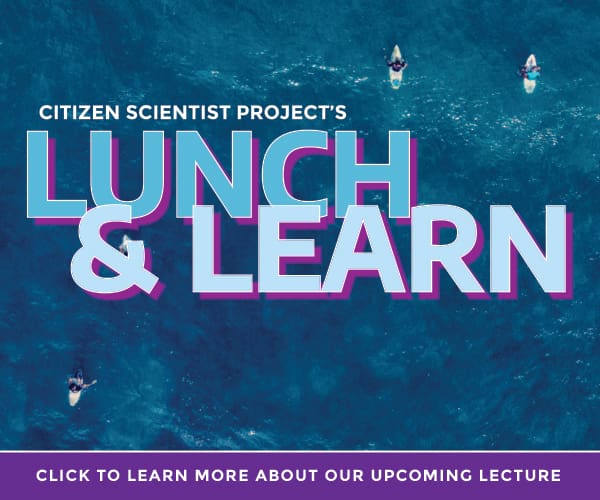“Shark in the Water!” is a phrase we have become programmed to fear thanks to decade-spanning misconceptions derived from ocean based horror movies such as the iconic movie “Jaws.” Even with educational media like Shark Week broadcasting in over 70 countries and the blossoming of shark science on social media, many of us still see sharks as the large, blood-thirsty killers Stephen Spielberg portrayed back in 1975, and at best, a fishing nuisance.
However, not only are sharks less dangerous than portrayed, they are vital to ocean health and they benefit us.
What do champagne corks, cars, ladders and beds have in common? According to Megan Denny, a professional dive instructor, all of these ordinary items are more likely to kill you than a shark. Sharks are only held responsible for about six deaths every year since 2000 according to Statista, with the majority falling to divers, surfers, and swimmers ). And lastly, you are more likely to be struck by lightning (1 in 15,300) than killed by a shark (1 in about 3,700,000), according to the National Weather Service. So, now that you know the low-risk sharks pose to people in the water, let’s dive into why sharks matter!
Sharks are key predators in the environments they inhabit, with coral reef, seagrass, and mangrove ecosystems acting as their homes in and around Biscayne Bay. In Biscayne Bay, we have great hammerhead and tiger sharks acting as apex predators that feed on other large fish, some of which are commercially valuable. Below them we have smaller sharks like blacknose, bonnethead and spinner sharks acting as mesopredators that feed on smaller animals and act as prey for larger fish, including other sharks.
But what makes sharks important? They’re responsible for keeping prey populations balanced and weeding out sick animals, thus preventing the spread of diseases and keeping prey populations, like those fishermen rely on and we eat, healthy.
Okay cool, but what do sharks do for me? Shark tourism generated an estimated $315 million per year globally and directly provided over 10,000 jobs based on a 2019 study from Cambridge University. Plus, it boosts local economies by bringing in tourists. Further, sharks have influenced our technology and boosted human health by reducing energy consumption through 3D printed shark skin and treating the COVID-19 virus with their antibodies.
Clearly, sharks aren’t the killing machines “Jaws” makes them out to be, when in fact they greatly benefit people both ecologically and economically. Like here in Florida, where shark-related diving produced over $220 million and 3,700 jobs according to a 2016 Oceana analysis.
So, what can we do to help sharks?
First, share what you have learned here! Secondly, whenever you’re packing up at the beach, leave no trace by properly disposing of your trash. And lastly, when you go fishing, choose to use a circle hook rather than a j-hook. Sharks immediately swallow their food so when they swallow a j-hook it often lodges in their stomach or throat, killing them. Circle hooks are designed to easily retract out of the stomach and lodge in the jaw, allowing a safe capture.
Invest in Local News for Your Town. Your Gift is tax-deductible

Hampton Hotard
HAMPTON HOTARD is a second-year MPS student at the University of Miami’s Rosenstiel School studying marine conservation. Currently I’m an intern at Field School: a conservation, education and outreach program focusing on elasmobranchs, such as sharks and rays. As an intern my research project aims to identify Biscayne Bay as a potential nursery site for the critically endangered great hammerhead shark species through the use of baited remote underwater video systems.


